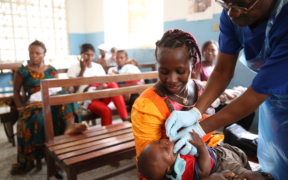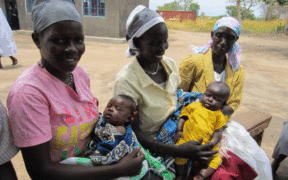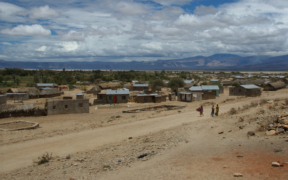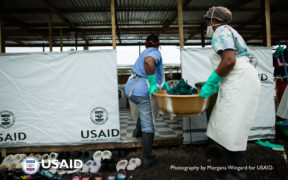Tag:
maternal newborn and child health/MNCH

Queen Esther is proud to lead this small peer group, part of a core package of activities for young first-time parents (FTPs) developed by the Evidence to Action (E2A) Project. E2A’s comprehensive first-time parent program model, implemented with dedicated country partners and funding from USAID, is effectively improving health and gender outcomes for this critical population in multiple countries.
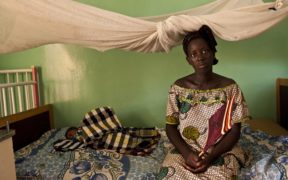
COVID-19 is demonstrating the impact of epidemics on the continuity of care provision, particularly for FP/RH. This is why, in addition to the measures taken to fight COVID-19, we realized the importance of carrying out parallel actions that guarantee the availability and continuity of essential RMNCAH services.
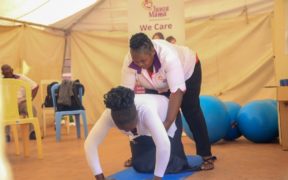
Our colleagues at Amref share how the Tunza Mama network improves the socio-economic status of midwives while positively impacting the health indicators of mothers and children in Kenya.



